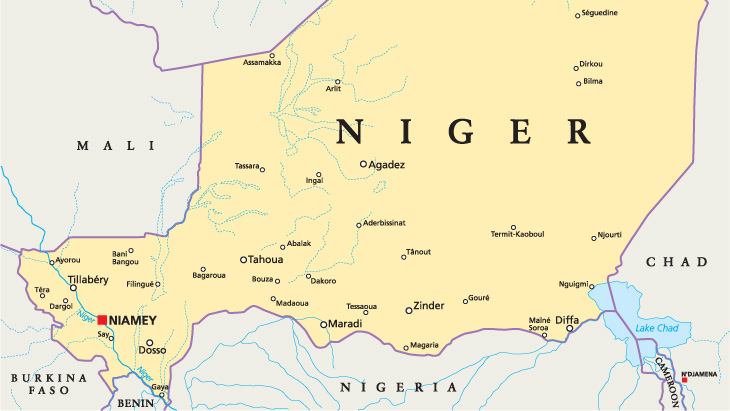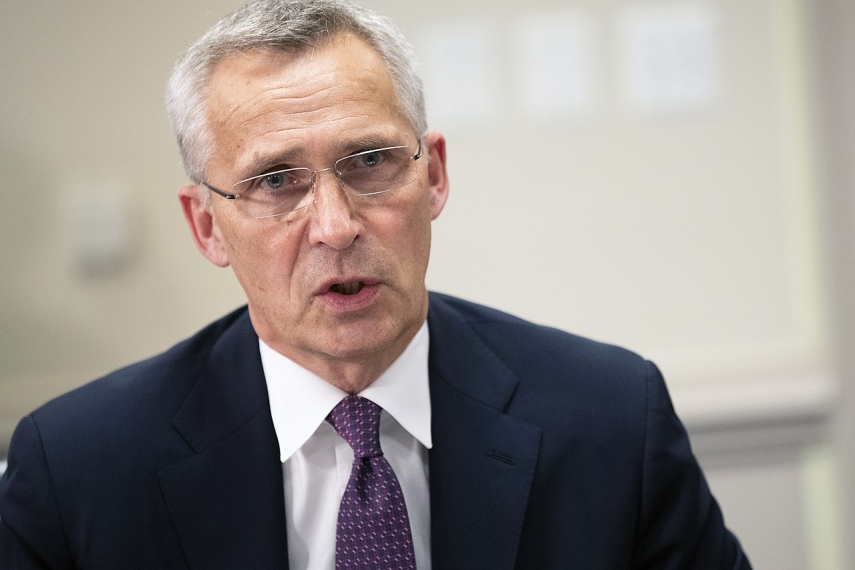
Minouche Shafik, the president of Columbia University, testified before Congress last week. MUST CREDIT: Haiyun Jiang for The Washington PostMerlin Van Alstine, a University of Minnesota student and an organizer with the school’s chapter of Students for a Democratic Society, had watched for four days as hundreds of pro-Palestinian protesters at other college campuses were arrested.Van Alstine, 21, and about 30 other students were inspired to set up their own encampment. By Tuesday morning, nine of her fellow demonstrators were arrested and charged with trespassing.It was one of the latest examples of pro-Palestinian protests sweeping college campuses across the country with students demanding that their universities cut ties or reveal their involvement with corporations doing business with Israel or profiting off the war in Gaza.The arrest of more 100 student protesters at Columbia University on Thursday has sparked solidarity protests at colleges across the nation, from Yale University and MIT on the East Coast to Ohio State University in the middle of the country and Stanford University...


